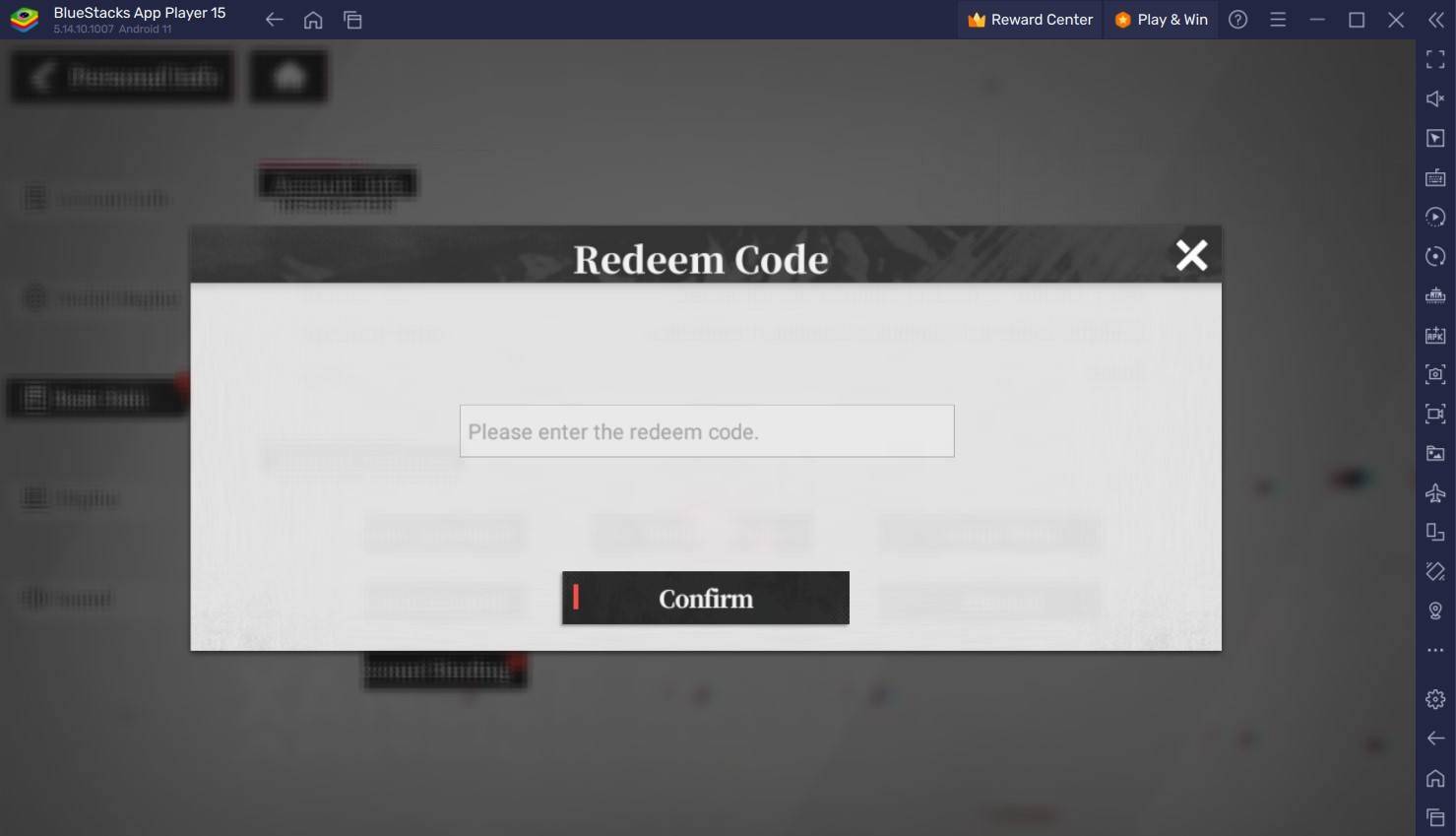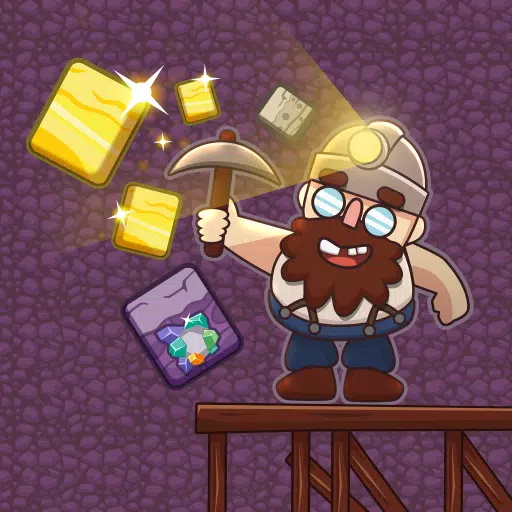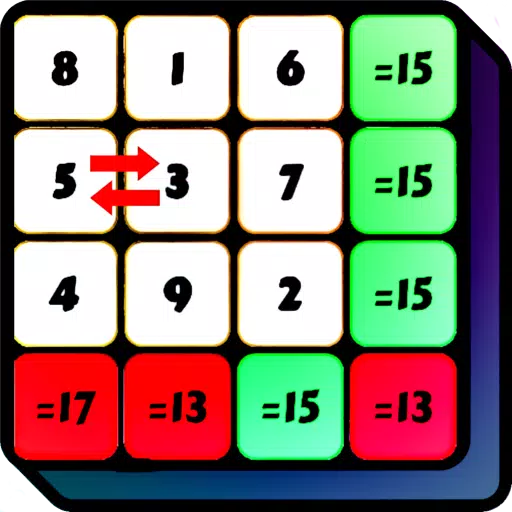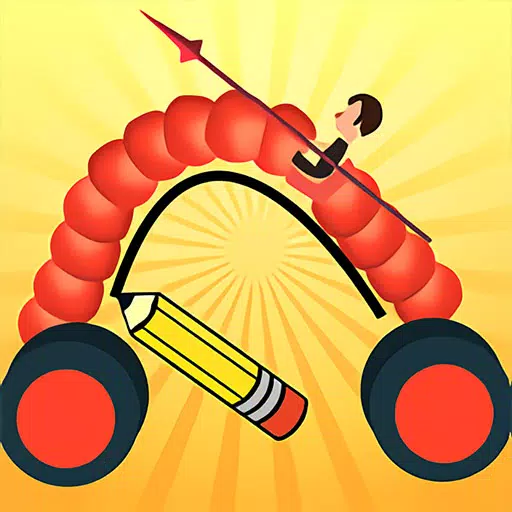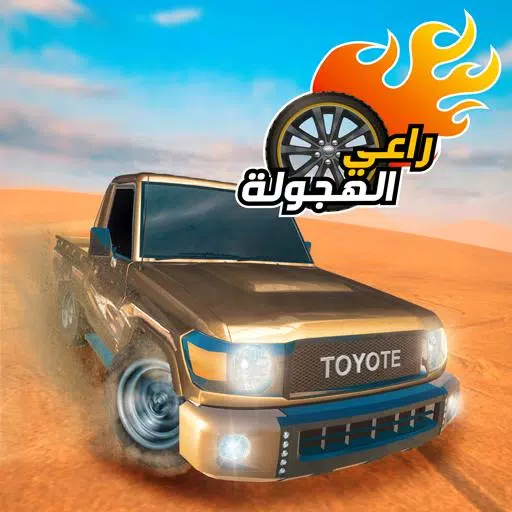A second chance for Items in Minecraft: How to repair an Item
Master Minecraft's Item Repair System: A Comprehensive Guide
Minecraft's crafting system is vast, but the durability of tools and armor necessitates frequent repairs, especially for enchanted items. This guide details how to repair items, simplifying your gameplay.
Table of Contents
- Creating an Anvil
- Anvil Usage
- Repairing Enchanted Items
- Anvil Limitations
- Repairing Without an Anvil
Creating an Anvil
Anvils are essential for repairing items. Crafting one requires 4 iron ingots and 3 iron blocks (a total of 31 iron ingots!), demanding significant iron ore mining and smelting.


Anvil Usage
To repair, place items in the anvil's three slots. Two similar, damaged items combine into a single, fully repaired item. Alternatively, combine a damaged item with crafting materials to restore durability. Repairing consumes experience points; greater repairs cost more XP.
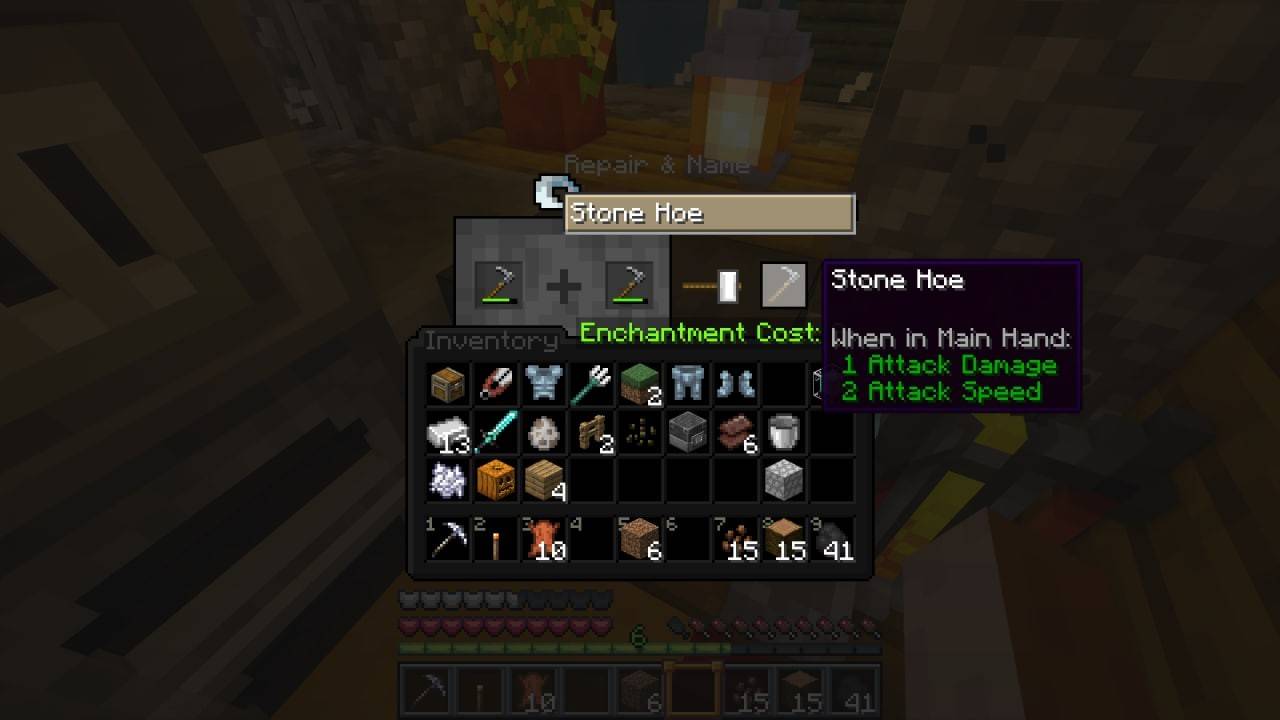
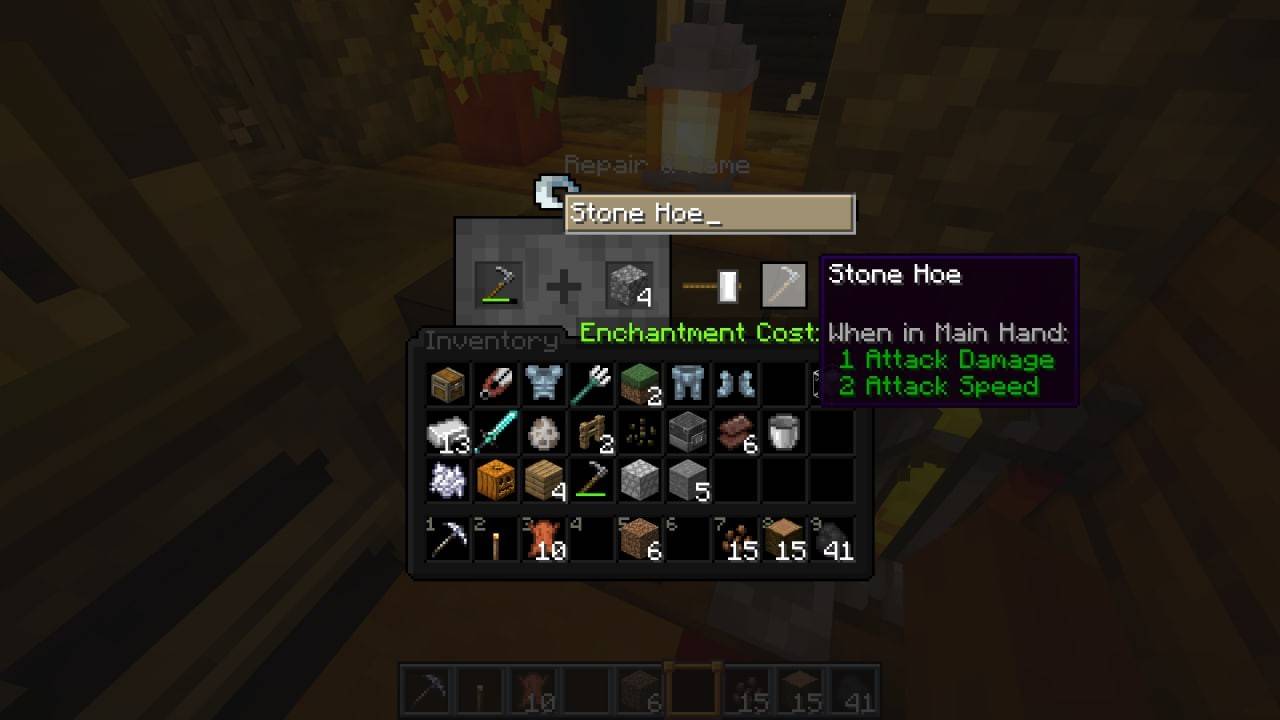
Repairing Enchanted Items
Repairing enchanted items is similar, but requires more XP and additional enchanted items or enchanted books. Combining two enchanted items can create a higher-level, fully repaired item, combining their enchantments and durability. The outcome and XP cost depend on item placement—experiment!
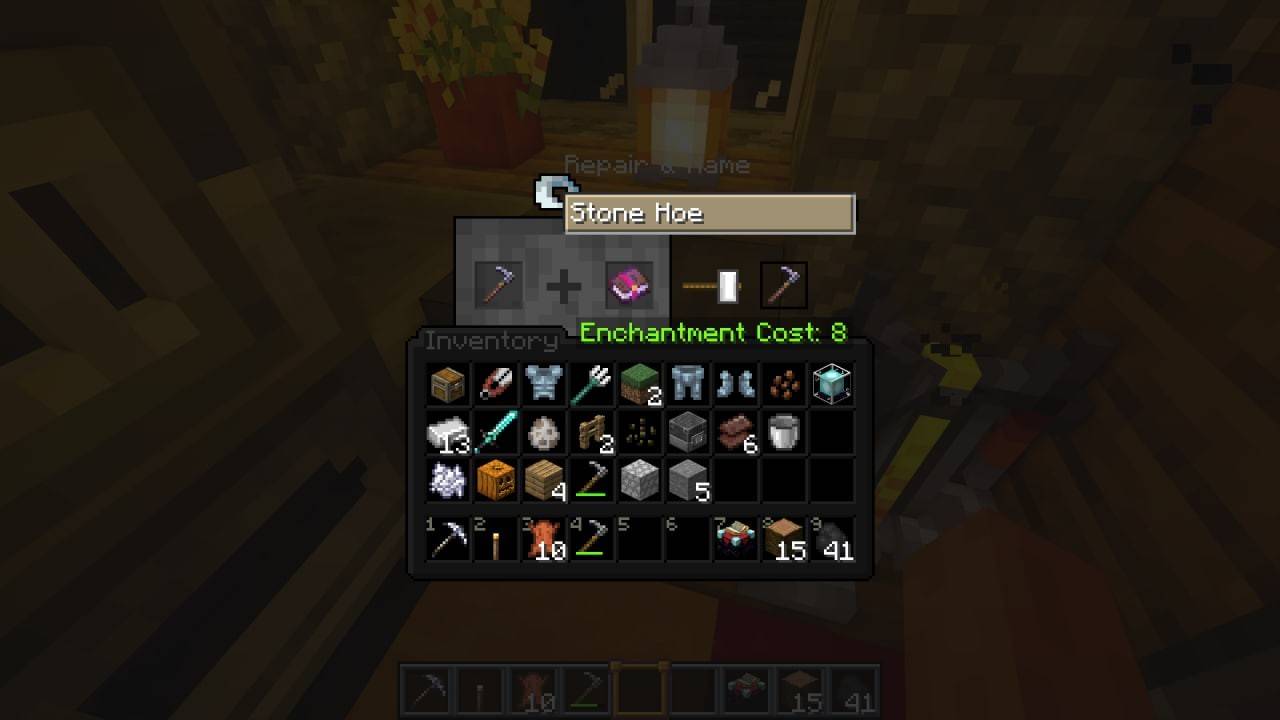
Anvil Limitations
Anvils themselves have durability and will eventually break. They cannot repair all items (e.g., scrolls, books, bows, chainmail).
Repairing Without an Anvil
Minecraft's versatility extends to item repair. A crafting table offers a simpler alternative, combining identical items to restore durability. This is particularly useful during long journeys without an anvil. A grindstone also provides another repair method.
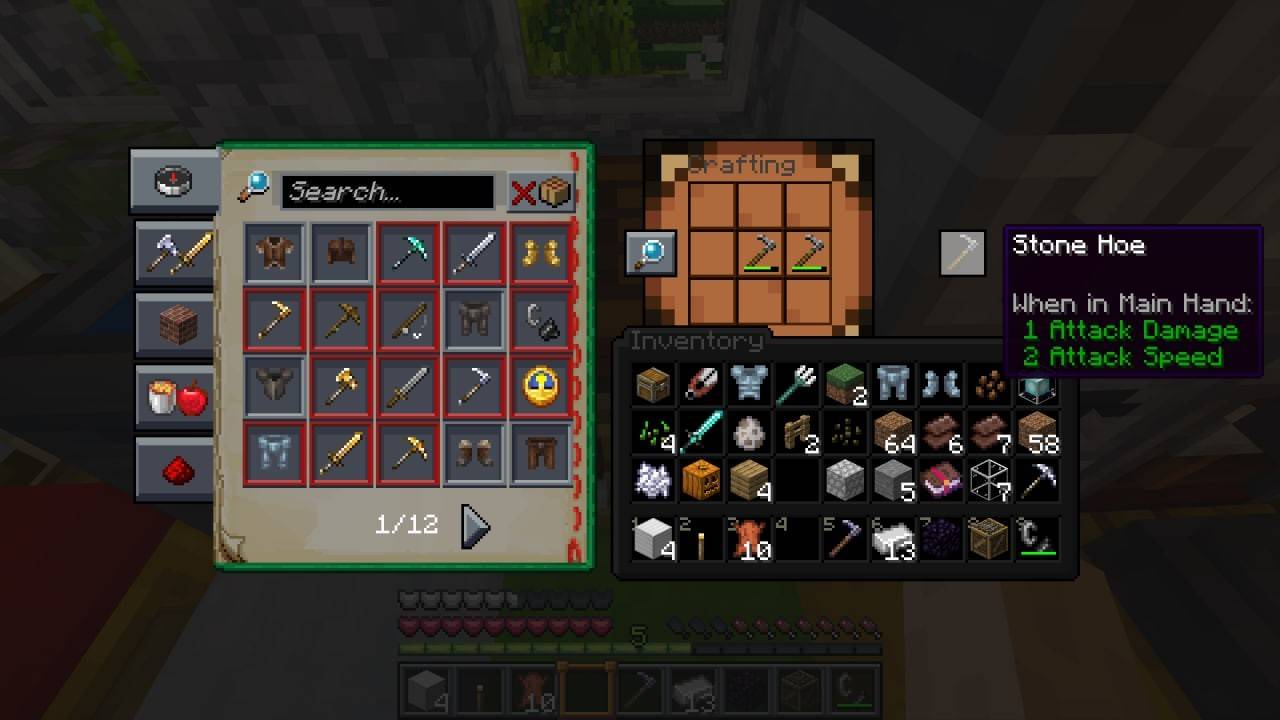
Conclusion
Minecraft's item repair system offers diverse approaches, beyond the anvil. Experiment with different methods and materials to find the most efficient repair strategy. Remember that the crafting table and grindstone provide viable alternatives to the anvil, especially when venturing far from base.
Latest Articles



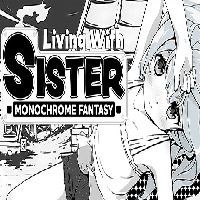








![Roblox Forsaken Characters Tier List [UPDATED] (2025)](https://images.dyk8.com/uploads/18/17380116246797f3e8a8a39.jpg)

